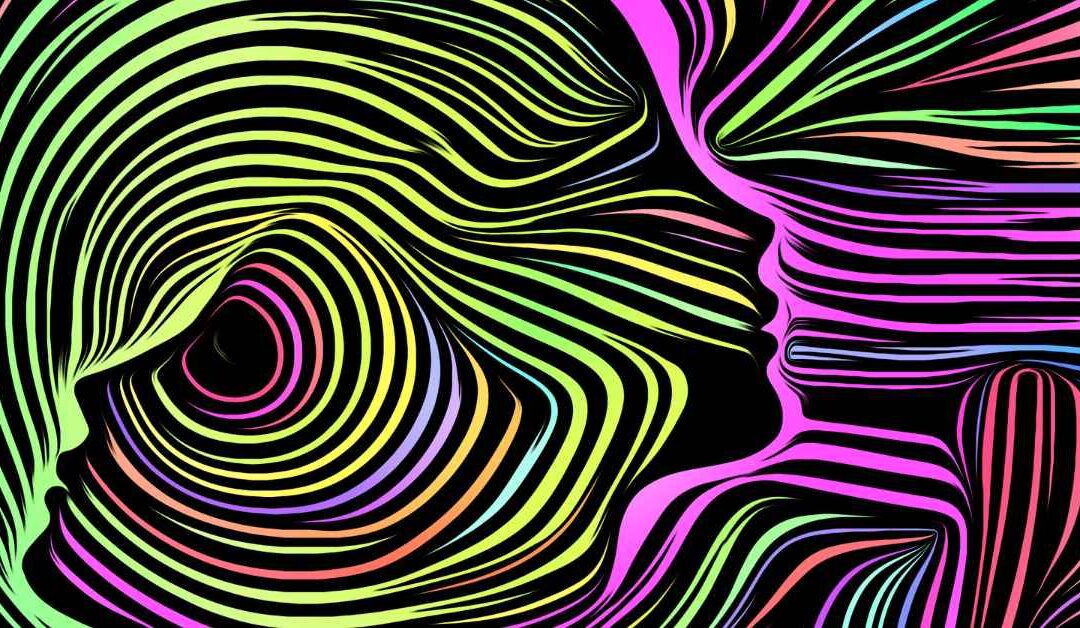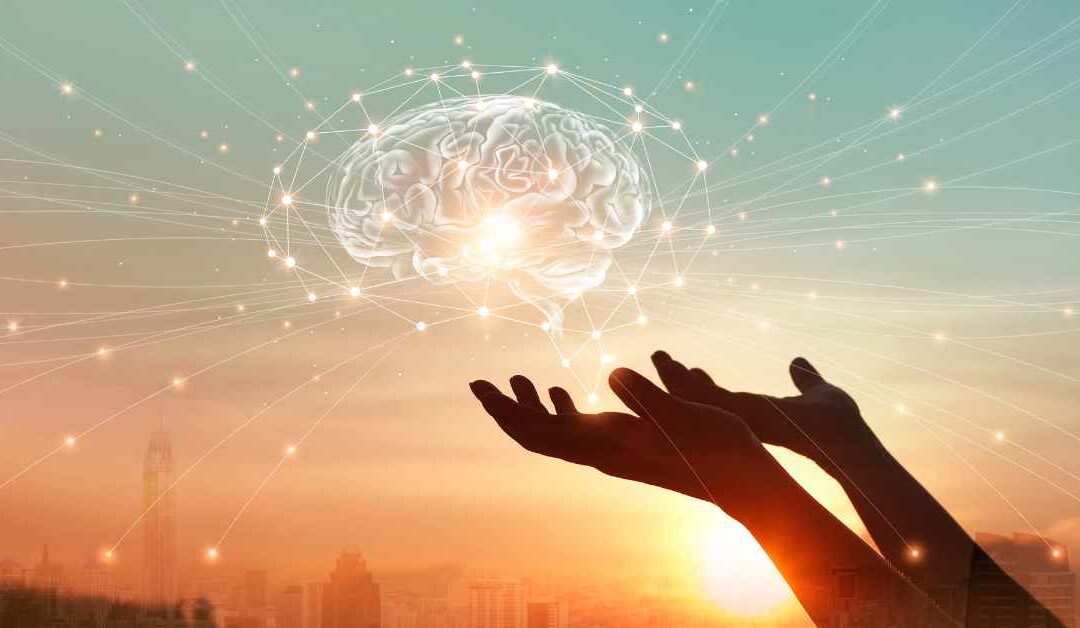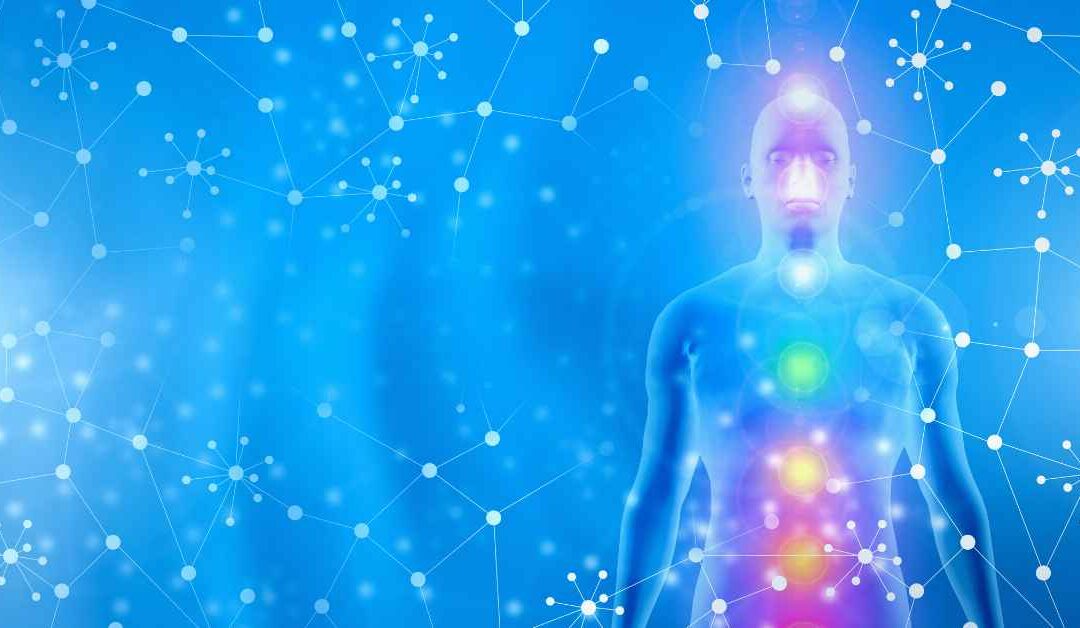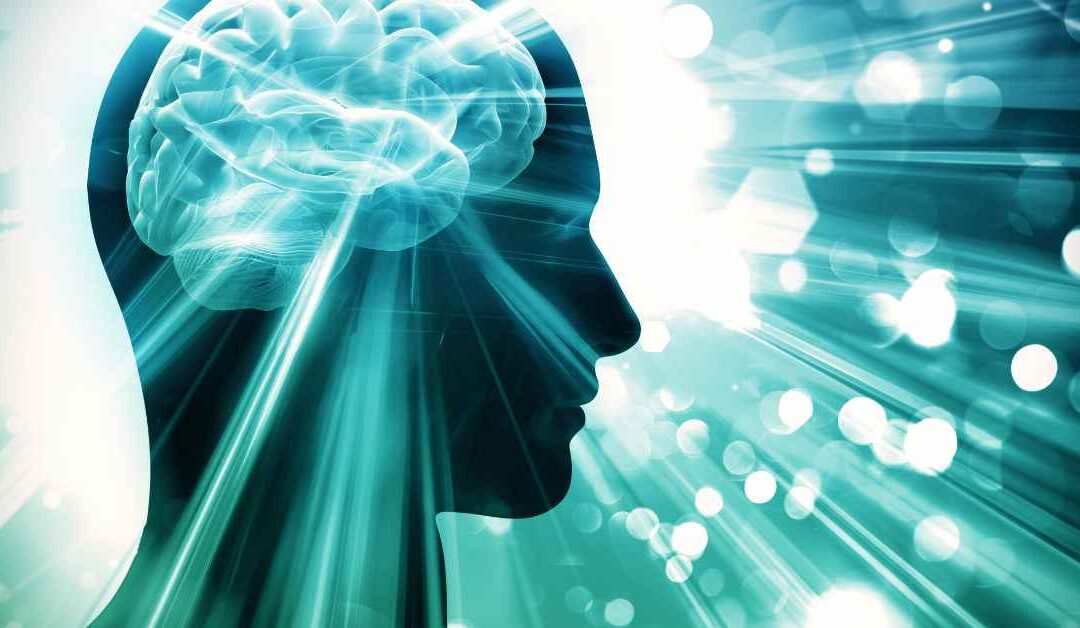The gut-brain connection is not just fascinating; it’s a fundamental aspect of our health that influences everything from our mood to how we digest food. In this comprehensive resource, we will explore the intricate relationship between our gut and brain, debunk common myths, shed light on hidden connections, and uncover the crucial role of this connection in various diseases, including anxiety and Irritable Bowel Syndrome (IBS). Let’s break down this complex relationship in a way that’s easy to digest, pun intended.
Unraveling the Gut-Brain Connection
Understanding the Gut-Brain Axis
The gut-brain axis represents a complex communication network that links the gut and the brain, facilitating vital information exchange. This bidirectional pathway allows our gut to influence brain function and vice versa. The environment within our gut is pivotal in shaping our mental wellbeing, affecting mood, emotions, and cognition. For instance, specific gut bacteria can influence neurotransmitter production, like serotonin, essential for mood and emotional regulation.
Debunking Myths and Misconceptions
Numerous myths surround the Gut-Brain Connection, leading to misconceptions about its significance. One common myth is that gut feelings are purely psychological and have no physiological basis. However, scientific research has shown that gut instincts are rooted in the complex neural network of the Enteric Nervous System (ENS) – often referred to as the “second brain.” This neural network within the gut can function independently of the central nervous system and influences our emotions, decision-making, and even memory. By debunking these myths, we can better understand the profound implications of the Gut-Brain Connection.
The Enteric Nervous System: Your Second Brain
The Enteric Nervous System (ENS) is a fascinating network of neurons lining the walls of our digestive tract. It contains nearly as many neurons as the spinal cord, earning it the nickname “second brain.” The ENS plays a vital role in controlling the digestive process, but its influence extends beyond digestion. The ENS can communicate with the brain through the vagus nerve, sending signals that affect our mood, cognition, and overall mental state. Understanding the ENS sheds light on the gut’s ability to influence our emotions and mental wellbeing.
Your Gut and Mental Health
The Role of Microbiome in Mood Regulation
The impact of gut health on mood regulation is profound. The gut houses trillions of microbes, collectively known as the gut microbiome, which play a critical role in various physiological processes, including the production of neurotransmitters. For example, certain gut bacteria can produce serotonin, a neurotransmitter responsible for feelings of happiness and well-being. Maintaining a healthy balance of gut bacteria through a nourishing diet can positively impact mood regulation, supporting a positive mental state.
Stress and the Gut-Brain Dialogue
Stress and anxiety are closely linked to gut health. Chronic stress can disrupt the balance of gut microbes, leading to inflammation and changes in gut motility. This disruption can, in turn, exacerbate anxiety symptoms. Additionally, the gut communicates with the brain through the release of stress hormones, such as cortisol, further impacting our mental state. By managing stress and promoting gut health, we can create a positive feedback loop that supports overall mental wellbeing.
Gut Inflammation and Mental Wellbeing
Chronic gut inflammation has been associated with various mental health conditions, including depression and anxiety. When the gut lining becomes inflamed, it can lead to a condition known as “leaky gut,” allowing harmful substances to leak into the bloodstream. This inflammatory response can trigger immune system activation and systemic inflammation, negatively affecting brain function and contributing to mood disorders. Addressing gut inflammation through dietary and lifestyle interventions can be a critical step.
The Hidden Link: Brain Gut Connection Anxiety
Anxiety: More Than Just a Mental Health Issue
Anxiety might manifest in the mind, but its roots can extend to the gut. The gut houses an extensive network of neurons that communicate with the brain and influence anxiety-related responses. Moreover, imbalances in gut bacteria can lead to the dysregulation of neurotransmitters, hormones, and immune responses, all of which contribute to anxiety symptoms. Recognizing the multifaceted nature of anxiety allows for a more holistic approach to treatment and prevention.
Gut Microbes and Mood Regulation
The gut microbiome’s role in mood regulation is a fascinating area of research. Beneficial gut bacteria play a key role in producing neurotransmitters like serotonin and gamma-aminobutyric acid (GABA), which are crucial for regulating mood and reducing anxiety. On the other hand, an imbalance in gut bacteria, known as dysbiosis, can lead to increased production of stress hormones and inflammatory molecules, exacerbating anxiety symptoms. Introducing probiotics and prebiotics into the diet can help restore the balance of gut microbes, supporting mental wellbeing.
Preventing Misdiagnosis
A significant challenge in diagnosing anxiety is its potential overlap with gut disorders like Irritable Bowel Syndrome (IBS). The gut-brain axis connects these conditions, making it difficult to distinguish between gut-related symptoms and anxiety-driven responses. Misdiagnosis can lead to ineffective treatments and exacerbate symptoms. By considering the gut-brain connection and conducting comprehensive evaluations, healthcare professionals can prevent misdiagnoses and offer more targeted and effective therapies.
Treating Anxiety Through Gut Interventions
The emerging field of psychobiotics focuses on using probiotics and prebiotics to support mental health. Psychobiotics have shown promise in reducing anxiety symptoms by modulating gut microbial composition and enhancing neurotransmitter production. Incorporating probiotic-rich foods and prebiotic fibers into the diet can positively impact gut health and alleviate anxiety. Additionally, lifestyle factors like stress management and regular exercise can further support the gut-brain connection.
The Key Player: Brain Gut Connection IBS
Decoding Irritable Bowel Syndrome (IBS)
IBS is a gastrointestinal disorder characterized by abdominal pain, bloating, and changes in bowel habits. While its exact cause remains unknown, the gut-brain axis plays a crucial role in IBS development and symptomatology. Stress and emotions can trigger gut symptoms, while gut issues can lead to heightened stress and anxiety.
The Vicious Cycle: Stress and IBS
Stress is a significant trigger for IBS symptoms and can exacerbate gut inflammation and motility issues. In turn, ongoing gut issues can lead to chronic stress, creating a vicious cycle that perpetuates IBS symptoms. Managing stress through relaxation techniques, mindfulness, and stress-reduction strategies can help break this cycle and alleviate IBS symptoms. Additionally, addressing gut health through dietary changes and probiotics can further support symptom relief.
Nervous System Dysregulation: The Missing Link
Nervous system dysregulation is a crucial component of IBS pathogenesis. Chronic stress can lead to alterations in the gut’s autonomic nervous system, affecting gut motility and digestive function. This dysregulation can contribute to bloating, diarrhea, and constipation, all common symptoms of IBS. By addressing nervous system dysregulation through stress management and mind-body practices, individuals with IBS can experience significant symptom relief and improved gut health.
The Gut-Brain Connection in Other Diseases
Depression: The Silent Gut-Brain Link
Depression is another mental health condition with complex links to the gut-brain axis. The gut microbiome plays a pivotal role in producing neurotransmitters and regulating inflammation, both of which influence depression. Moreover, gut inflammation can impact the blood-brain barrier, allowing inflammatory molecules to access the brain and contribute to depressive symptoms. By supporting gut health through diet and probiotic interventions, we can potentially alleviate symptoms of depression and promote mental wellness.
Autoimmune Diseases and the Gut
Autoimmune diseases like Rheumatoid Arthritis have been linked to gut health and the gut-brain connection. Increased intestinal permeability, commonly known as leaky gut, can lead to immune system activation and systemic inflammation. This inflammation can contribute to the development and progression of autoimmune diseases. By supporting gut health and reducing inflammation through dietary and lifestyle interventions, we can potentially mitigate the impact of autoimmune diseases and improve overall health.
Neurological Disorders and the Gut
Emerging research suggests that the gut-brain axis may play a role in neurological disorders like Parkinson’s and Alzheimer’s disease. The gut microbiome’s composition can influence brain health, and gut dysbiosis has been associated with neuroinflammation and cognitive decline. Targeted gut interventions, such as probiotic supplementation and prebiotic-rich diets, may hold promise as preventive strategies against these neurological disorders.
The Gut-Brain Connection Diet
Diet and Gut Health
A nourishing diet plays a pivotal role in cultivating a healthy gut and supporting the gut-brain connection. Foods rich in fiber, prebiotics, and probiotics can foster a diverse and balanced gut microbiome. The Mediterranean diet, with its focus on whole foods, healthy fats, and fermented foods, has been associated with improved gut health and mental wellbeing. Additionally, reducing the consumption of processed foods and sugar can positively impact gut microbial composition.
Lifestyle Interventions
Lifestyle factors, such as sleep, exercise, and stress management, significantly influence gut health and mental wellbeing. Adequate sleep is crucial for gut regeneration and balancing hormones related to appetite and mood. Regular physical activity can enhance gut motility and improve gut microbial diversity. Mindfulness practices, meditation, and relaxation techniques can reduce stress, positively impacting the gut-brain axis.
Probiotics and Prebiotics: The Dynamic Duo
Probiotics and prebiotics are essential components of a gut-friendly diet. Probiotics are live microorganisms that promote gut health, while prebiotics are non-digestible fibers that nourish beneficial gut bacteria. Combining probiotics and prebiotics in the diet can enhance gut microbial diversity and improve the gut-brain connection. Probiotic-rich foods, such as yogurt, kefir, and fermented vegetables, along with prebiotic foods like onions, garlic, and bananas, can be incorporated into daily meals for optimal gut health.
Listen to Your Gut: Becoming Mindful of the Connection
The Power of Gut Instincts
Our gut instincts, often referred to as “gut feelings,” are valuable sources of information that influence our decisions and emotional responses. These instincts are rooted in the ENS’s neural network, which allows the gut to send signals to the brain. By paying attention to our gut instincts, we can better navigate life’s challenges and make decisions that align with our true selves.
Mindful Eating and Gut Health
Practicing mindful eating involves being present and attentive while consuming meals. This approach encourages individuals to savor their food, pay attention to hunger and satiety cues, and choose nourishing options. Mindful eating can enhance digestion, nutrient absorption, and gut health. By cultivating a mindful approach to eating, we can optimize the gut-brain connection and promote overall mental wellbeing.
Conclusion
The Gut-Brain Connection is a powerful and dynamic relationship that profoundly impacts our mental wellbeing and overall health. By dispelling myths and understanding the intricate connections between our gut and brain, we empower ourselves to prevent misdiagnoses and promote optimal mental and physical wellness. Embrace the symbiotic relationship between gut health and mental wellbeing, and embark on a journey towards a healthier and happier life through a well-nourished gut and a mindful approach to the Gut-Brain Connection. Remember, a happier mind begins in the gut!

Written by Jordan Buchan
Jordan is the founder of Conscious Cues. Her work is centered around the mind-body connection as it is explored through neuroscience, yoga, meditation, and other healing practices.

The Biofield: The Mind’s Influence on Vital Energy – Bridging Science and Spirituality
The human body is not just a physical entity; it is surrounded and influenced by a subtle and intricate field of energy known as the biofield. This field of vital energy plays a vital role in our health and well-being, extending beyond the physical boundaries and...

The Power of Affirmations: Unleashing the Science of Self-Transformation
In the journey of personal growth and self-discovery, affirmations have emerged as a powerful tool that can shape our thoughts, beliefs, and ultimately, our reality. Affirmations are positive statements that we repeat to ourselves consciously and consistently, aiming...

Inner Child Work 101: Reconnecting with Your Authentic Self
Have you ever felt like there's a part of you that remains hidden, yearning to be heard and acknowledged? Welcome to the world of inner child work - a transformative journey of self-discovery, healing, and growth. By reconnecting with your inner child, you can...

The Benefits of Mindful Movement: Yoga, Tai Chi, and Qi Gong
In today's fast-paced world, the pursuit of mental and physical well-being has become more essential than ever. Mind-body practices that combine mindful movement with focused awareness have garnered increasing attention for their transformative benefits. From ancient...

The Power of Neuroplasticity: Rewiring Your Brain for Conscious Living
In our fast-paced and ever-evolving world, the pursuit of conscious living has become a profound and meaningful endeavor. Essential to this lies the astonishing power of neuroplasticity—the brain's extraordinary ability to adapt, reorganize, and form new neural...

The Transformative Power of an Open Heart: Staying Open to Life
The opening and closing of the heart significantly impacts the level of our energy and the quality of our experiences. When we resist life's challenges, become bothered by external circumstances, or succumb to fear, our heart tends to close, limiting our capacity to...

The Mysteries of Subtle Body Energy: Bridging Ancient Healing Modalities & Quantum Physics
In the realm of ancient healing practices, the concept of subtle body energy has long been regarded as fundamental to health and well-being. Across diverse cultures and traditions, the belief that energy flows within and around us, impacting our physical, emotional,...

The Power of Authentic Relating: A Comprehensive Guide to Genuine Connection
Authentic relating is a transformative practice that invites us to communicate and connect with others from a place of truth, vulnerability, and genuine expression. In a world often filled with superficial interactions, authentic relating offers an opportunity to...

The Power of Non-Violent Communication: A Comprehensive Guide to Cultivating Empathy and Connection
Effective communication serves as the backbone of human relationships, shaping our interactions and conflict resolutions. Non-Violent Communication (NVC), pioneered by Marshall Rosenberg, is a profound approach that goes beyond traditional communication methods....

The Emotional Map: Unraveling How Emotions Manifest in the Physical Body
Emotions are an inseparable part of being human, influencing our thoughts, behaviors, and overall well-being. While emotions are often associated with the realm of the mind, their impact extends beyond cognitive experiences. Our physical bodies also bear the imprints...

